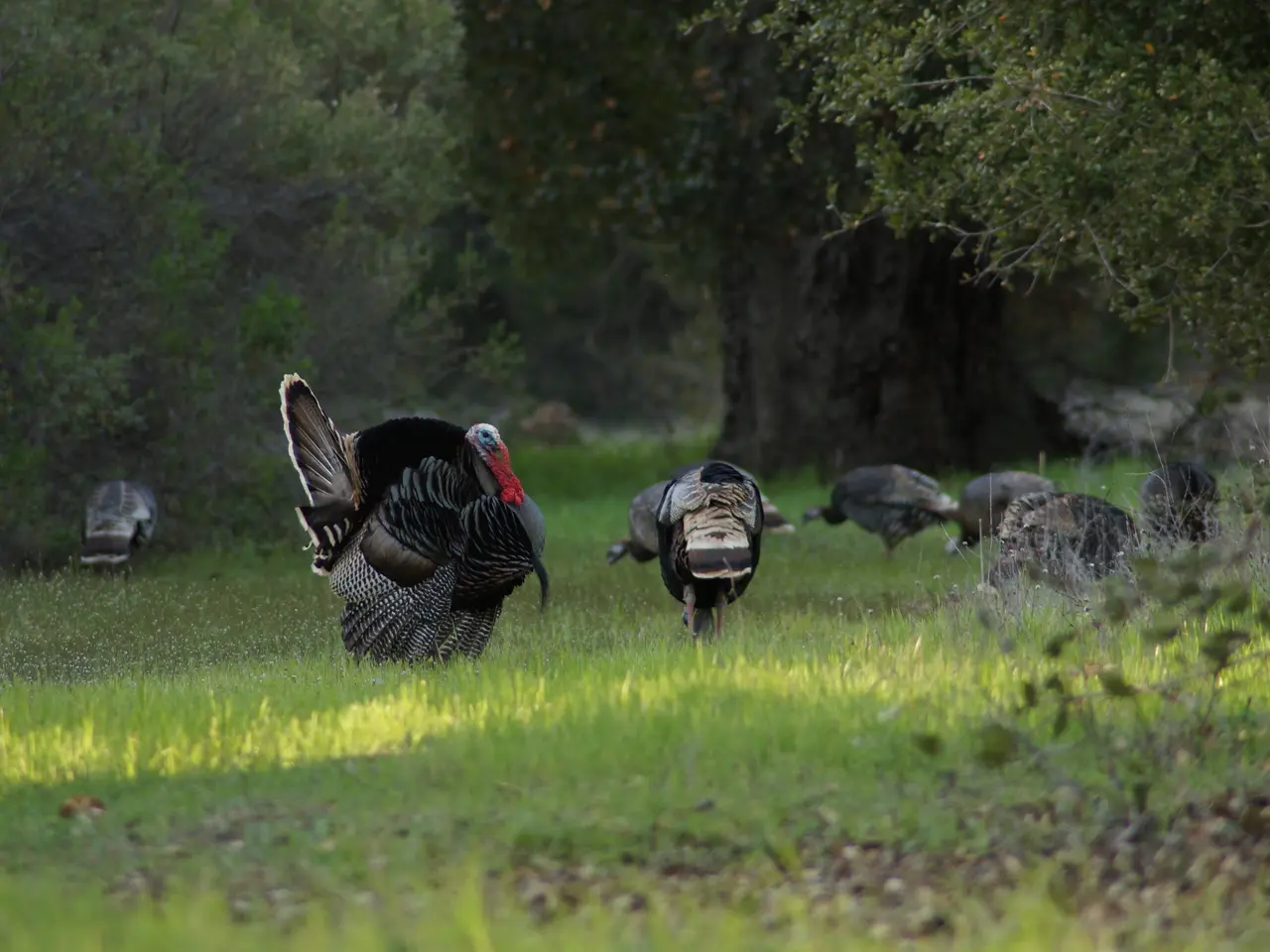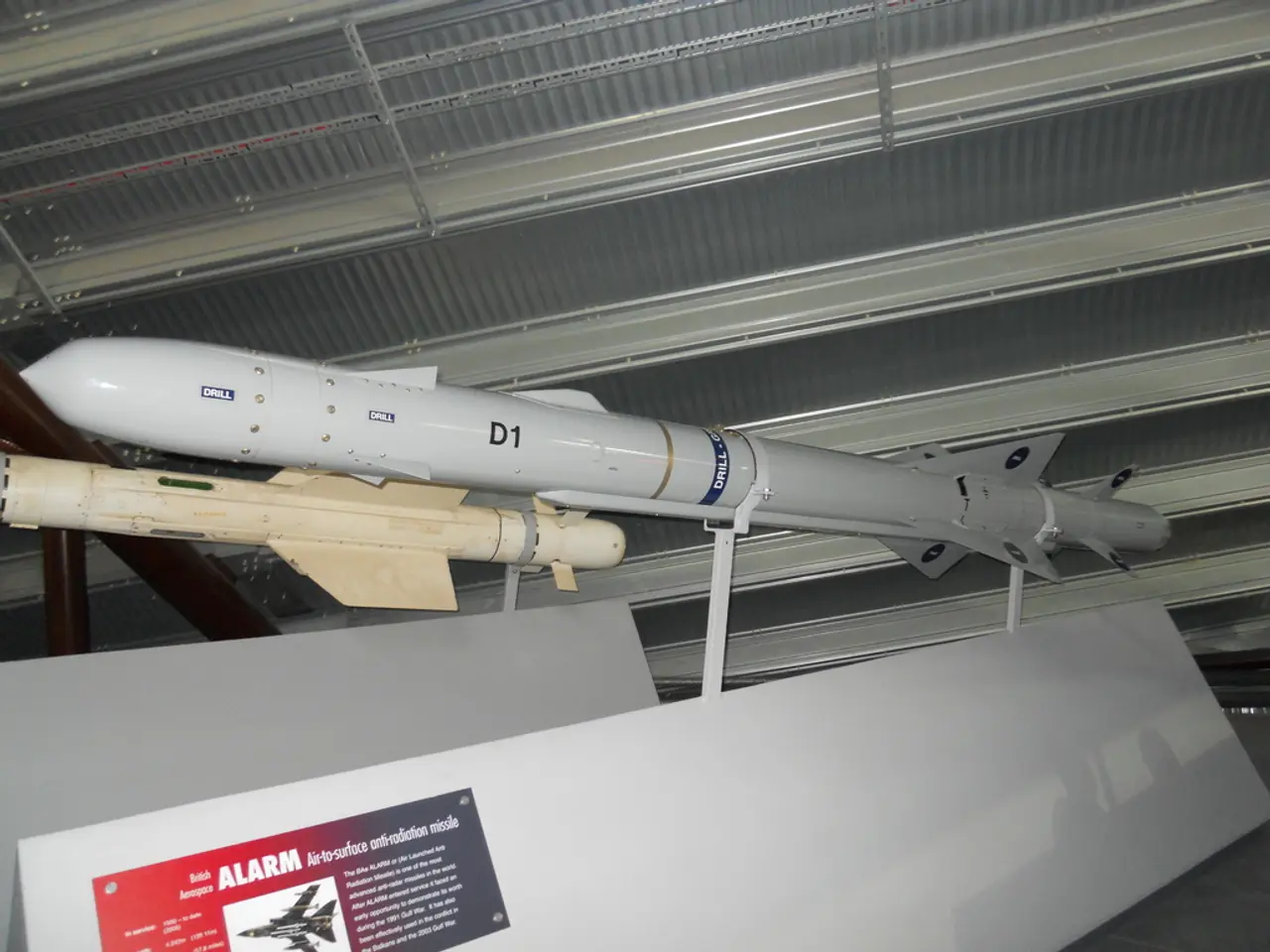Turkey and Syria deliberate on enhancing security collaboration
In a significant development, Turkey and Syria are deepening their security cooperation, focusing on counter-terrorism efforts and the restoration of stability in the war-torn country. This emerging formal collaboration is marked by joint operations against Daesh (ISIS) and other terrorist groups, as well as the integration of the Syrian Kurdish militia, the YPG, into the Syrian army.
President Recep Tayyip Erdogan has reaffirmed Turkey's commitment to preventing Syria from falling back into chaos. He stated that Turkey "will not allow terrorists to drag Syria back into chaos and instability." This stance is reflected in Turkey's support for Syria's new government, established after Bashar Assad's ouster in December 2024. Turkey is providing military training, defense technology, and intelligence sharing to combat terrorist groups and restore Syrian sovereignty.
A key aspect of this cooperation is Turkey's close monitoring of the integration of the YPG into the Syrian army. Turkish authorities view this integration as crucial to Syria's long-term security framework, hoping it will reduce reliance on YPG militants for counter-terrorism, given Turkey's designation of the YPG as a terrorist organization linked to the PKK.
This cooperation extends beyond military operations. High-level bilateral meetings between Turkish and Syrian officials, such as the recent meeting between Vice President Cevdet Yılmaz and Syrian Interior Minister Enes Hattab, underscore commitments to security institution development, humanitarian cooperation, and long-term political and economic stabilization.
The meeting in Ankara also marked a step towards regional cooperation. Turkey, Syria, Jordan, and Iraq have activated the Counter-Daesh Coordination Cell to eliminate remaining Daesh threats, making it unnecessary for the West to rely on YPG militants in the fight against terrorism.
Turkey has pledged to continue supporting Syria's political unity and territorial integrity, offering training and technical support upon request. Vice President Yılmaz expressed support for Syria's stability, institutional development, and governance that embraces all sectors of society. He reiterated Turkey's longstanding position on the need to safeguard Syria's sovereignty and territorial integrity.
In summary, the security cooperation between Turkey and Syria is evolving towards formal, multi-dimensional collaboration focused on counter-terrorism, with particular attention to the status of the YPG within Syria's security architecture, coordinated operations against terrorist groups, and comprehensive efforts to restore stability in post-Assad Syria. This cooperation is crucial for the region's peace and prosperity, as both countries work towards a political environment in which the Syrian people can equally enjoy fundamental rights and freedoms under an inclusive and legitimate government.
[1] "Turkey, Syria deepen security cooperation," Anadolu Agency, 25 February 2025. [2] "Turkey, Syria discuss counter-terror cooperation," Anadolu Agency, 1 March 2025. [3] "Turkey, Syria hold high-level talks in Ankara," Anadolu Agency, 10 April 2025. [4] "Turkey, Syria agree on closer cooperation," Anadolu Agency, 20 May 2025.
- The environmental implications of this deepening security cooperation between Turkey and Syria, as they focus on counter-terrorism efforts and the restoration of stability, remain to be seen, with potential consequences for the region's general news, politics, crime and justice.
- Ankara's stance on the integration of the Syrian Kurdish militia, the YPG, into the Syrian army, a key aspect of this cooperation, is reflected in broader discussions on regional politics, including war-and-conflicts and crime-and-justice issues.
- As Turkey and Syria strengthen their partnership, engaging in humanitarian cooperation, political and economic stabilization, and regional cooperation initiatives such as the Counter-Daesh Coordination Cell, the potential impact on the environment, given the shared geographical and ecological aspects of their territories, should not be overlooked in general-news discourses.






